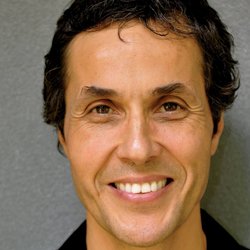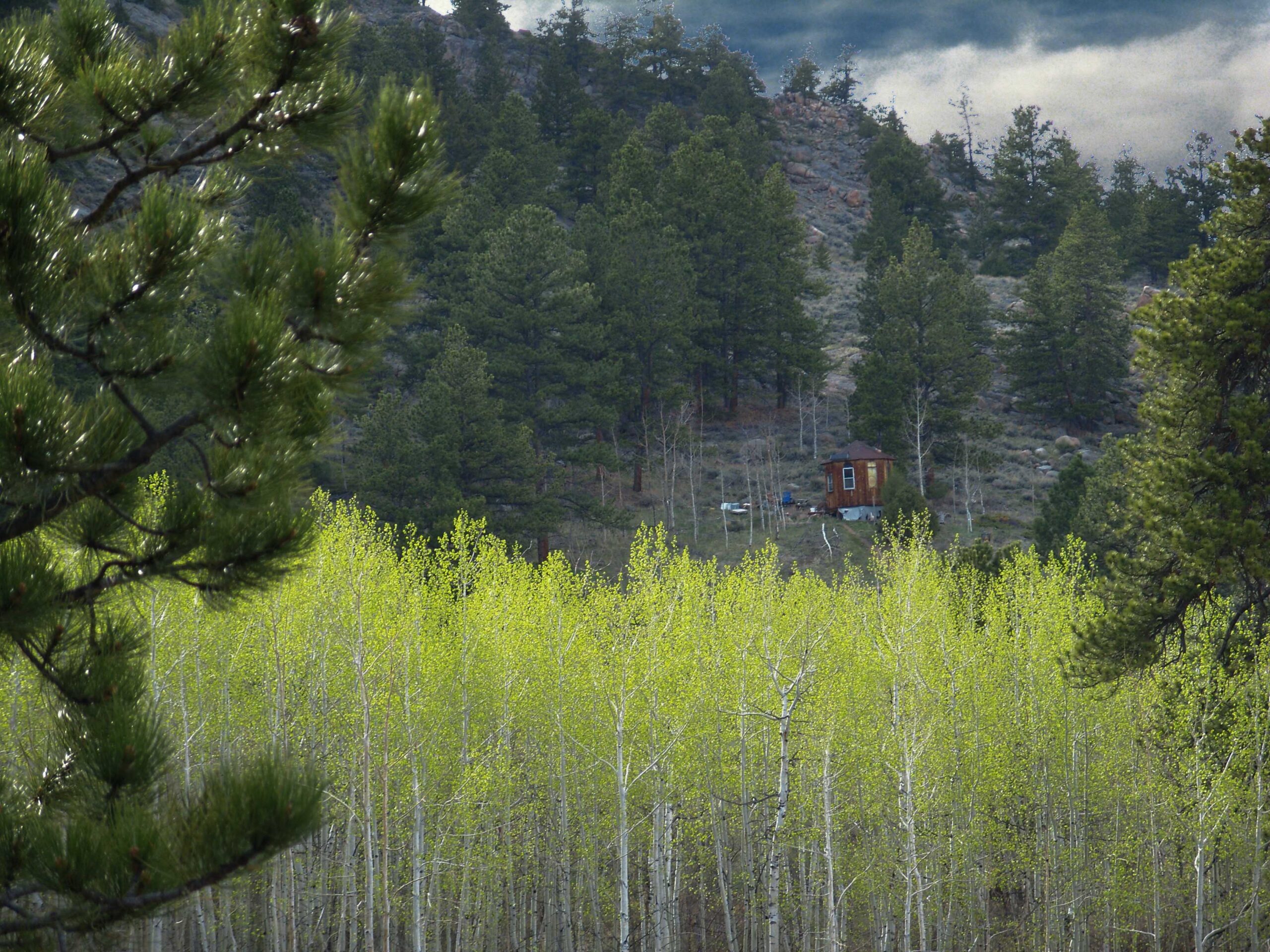Can I trust the present moment to take care of me?
By Vidan Gonthier ~~~
On the fourth day of a recent meditation retreat, I found myself struggling for what seemed like hours, unable to relax my body or settle my mind. As I wound myself into a tighter and tighter psychic ball, suddenly, out of nowhere, I started ranting: “I don’t trust the present moment! What’s it ever done for me?! I have to be in charge!!!” Thank Buddha I wasn’t in a group setting or I might have been carried off. But in that moment I felt liberated: the voice of my deep mistrust in letting life be in charge came roaring out. A voice that obviously was operating below the surface, even as my conscious mind held the intention to let be and let go. So after a few seconds of horror and embarrassment, I just went for it, metaphorically shaking my fist at God, or more accurately, shaking my fist at the here and now.
And then came this realization: as much as I practice mindfulness in my daily life, which in essence means allowing my moment to moment experience with an attitude of acceptance, I am constantly assessing and planning my life. All it took was a few days of not really needing to plan anything, sitting for hours with very little to decide (besides what to make for lunch) to frustrate my inner controller enough to have a tantrum. And it was humbling. As a teacher of counseling and meditation, I had developed an identity as someone who values living in the present moment. And that identity covered up a deep mistrust of letting the present moment guide me.
But what does it mean to let the present moment guide us? Human experience seems to have two parts: what happens to us and what we do with what happens to us. In a way, a healthy approach would be to both allow what is AND have a sense of control over what to do about it. Think serenity prayer. But do we really have the sense of control that our species and our culture so firmly holds onto?
“As a teacher of counseling and meditation, I had developed an identity as someone who values living in the present moment. And that identity covered up a deep mistrust of letting the present moment guide me.”
Studies in neuroscience are showing how the sense of being consciously in charge is mostly an illusion. For example, whenever you intend an action, your brain has already planned that action about 1/3 of a second before you made a conscious decision. And our unconscious brain is estimated to process about 40 million bits of information per second, compared to 40 bits per second for our conscious mind. Our conscious thoughts may actually be afterthoughts. So for example, if you say to yourself “I need to apologize to my wife for what I said last night” that thought has probably already happened in your subconscious. So where did the thought come from? Mostly from memory based on past experience: you had an experience of apologizing in the past and it was successful; or your wife walked away once when you didn’t apologize, and you felt worse; or maybe your therapist coached you. In any case, the conscious thought was the tip of the mental/emotional iceberg. You can actually feel this process going on whenever you speak: notice how the words just come. If you had to consciously think every word before you spoke, you’d never get anything out.
This may come as bad news if you want to believe that you are in charge, like I wanted to believe (and still do, by the way). But upon closer examination, the sense of feeling in charge is just that, a sense, just like the sense of self. And in all fairness to the biological miracle of the human brain, it’s adaptive to believe our mind and our thoughts give us a conscious sense of agency, of a ‘me’ that’s in charge: our mind’s main job is to keep our bodies safe and functioning: anticipate threats and seek rewards, even if they are maladaptive. This is actually good news: our brains are wired to protect us. Where we seem to get stuck is to think we are in charge of it all, when in fact, most of it is just happening. An easy way to test that is to just listen to our minds for a while: you’ll notice that your brain is putting in some serious overtime.
“Where we seem to get stuck is to think we are in charge of it all, when in fact, most of it is just happening. An easy way to test that is to just listen to our minds for a while: you’ll notice that your brain is putting in some serious overtime.”
So now we know that our unconscious mind is mostly in charge of what we consciously experience. Still, experience can only happen right now, and we can be conscious of that. This is where the journey of meditation comes in: first we see, to our dismay, that our mind has a mind of it’s own; then we try to think less in order to have a more satisfying meditation; eventually we realize that we can’t stop our minds. What we do begin to see is that we are so much more than our limited thought stream. But that realization requires letting go of thinking we are in control and recognizing that the experience of our vastness is only happening in the present moment. Rationally it shouldn’t be that difficult, since it’s obvious that we can’t know for certain what the next moment will be. But we aren’t rational beings.
One of my spiritual teachers, Adyashanti, often emphasizes that human beings can operate quite well without the psychological need to feel in control. This doesn’t mean that we are passive. In fact, quite the opposite. When we are fully present, all our senses are online and we are more effective than when we filter every new experience through our habit formed perceptions. And of course, we do have past experience to guide us. But that experience adds to our open perception rather than detract from it.
It does take intention to be present. And it takes a willingness to face those parts of ourselves that don’t trust that just being fully present is enough. And sometimes, it takes a retreat to get all those different layers to come online.
That’s what happened on that solo retreat last fall: my buried mistrust came out as my struggle amplified. But my bad news became good news: giving a voice to that deep mistrust of the present moment freed me from pretending to be more spiritual than I was. I felt humbled, vulnerable,and ultimately more open. Life could move me because I wasn’t unconsciously resisting. And over the next few days, love started coming through with tears of gratitude. I also didn’t need to work so hard to be present (which I know now is mostly fighting the unconscious urge to NOT be present). With a more open heart, retreat became more enjoyable and my habit of trying to manage my experience melted into a more authentic sense of trusting that each moment would reveal what I needed. And when I would get lost and confused, all I needed to do was to ask Life, Being, a Protector, This Moment, or any guiding force that seemed present – even though whatever question arose had probably already happened in my brain 1/3 of a second before I thought it.
Shambhala Mountain Center hosts Touching the Moment: Indelible Presence with Vidan Gonthier and Cynthia Moku, May 6-10, 2016 — click here to learn more
About the Author


